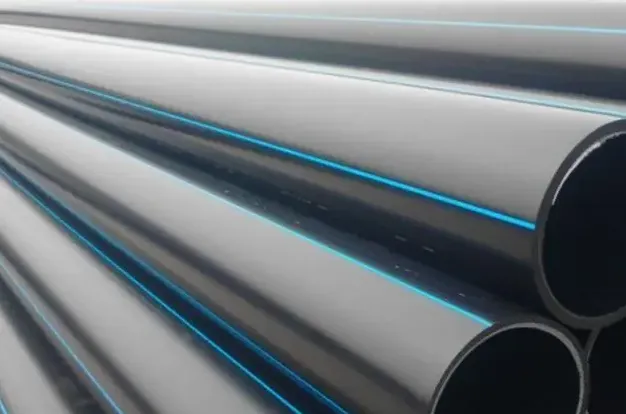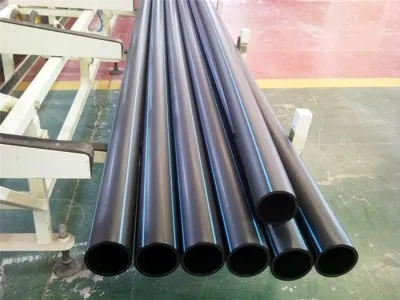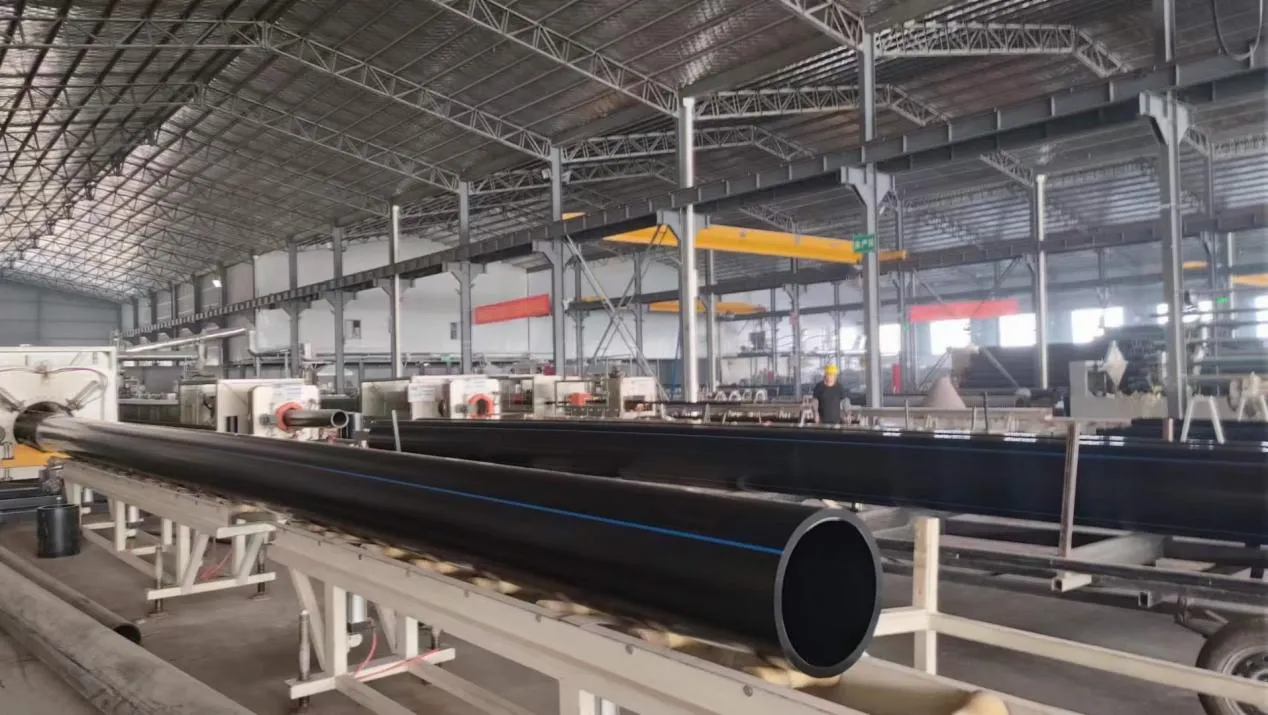Oct . 08, 2024 09:32 Back to list
Revolutionizing Irrigation with DN150 HDPE Pipe: Empowering Agriculture for Sustainable Growth
In the ever-evolving landscape of modern agriculture, efficient irrigation systems have become the cornerstone of sustainable crop production. Among the myriad of irrigation infrastructure options available today, HDPE pipes for irrigation stand out as a reliable, cost-effective, and environmentally friendly solution. Specifically, the DN150 HDPE pipe—a versatile and durable component of irrigation networks—has transformed the way farmers manage water resources, enhancing productivity and promoting environmental stewardship.
Understanding the Essence of HDPE Pipe for Irrigation
High-Density Polyethylene (HDPE) pipes are a type of thermoplastic piping that boasts exceptional strength, flexibility, and chemical resistance. When used for irrigation purposes, these pipes offer a multitude of advantages over traditional materials like metal or concrete. The DN150 designation refers to the nominal diameter of the pipe, which is an industry standard measurement that corresponds to an approximate inner diameter of 150 millimeters. This size is particularly suitable for medium to large-scale irrigation systems, enabling efficient water distribution across vast agricultural fields.

Why Choose HDPE Pipe for Irrigation?
l Durability and Longevity:One of the primary advantages of HDPE sprinkler pipe and irrigation HDPE pipe lies in their exceptional durability. Made from high-quality polyethylene, these pipes can withstand harsh weather conditions, UV radiation, and even moderate soil movement without significant degradation. This resilience ensures a long service life, reducing the need for frequent replacements and lowering overall maintenance costs.
l Flexibility and Ease of Installation:Unlike rigid piping materials, HDPE pipe for irrigation offers remarkable flexibility, allowing it to be easily bent around obstacles or contoured to the terrain. This feature simplifies installation processes, reducing labor costs and minimizing the need for specialized equipment. Furthermore, HDPE pipes can be joined using various techniques, including fusion welding, which creates a permanent, leak-proof seal.
l Efficient Water Flow and Pressure Management:The smooth interior walls of HDPE pipe for agriculture significantly reduce friction, enabling water to flow smoothly and efficiently through the system. This translates into lower energy consumption by pumps and better pressure management across the entire irrigation network. Efficient water flow also ensures that crops receive the precise amount of water they need, optimizing water usage and minimizing waste.
l Environmental Friendliness:HDPE pipe for drip irrigation and other irrigation applications is an eco-friendly choice. The material is fully recyclable, reducing waste and minimizing the environmental impact of irrigation infrastructure. Additionally, by enabling precise water application, HDPE pipes help to conserve this precious resource, supporting sustainable agricultural practices.

Applications of DN150 HDPE Pipe in Irrigation
Sprinkler Irrigation Systems
In sprinkler irrigation systems, DN150 HDPE pipe serves as the backbone, transporting water from the source to the distribution network. Its durability and flexibility make it ideal for laying out extensive piping networks that can cover large areas. Sprinkler systems equipped with HDPE pipes can effectively distribute water uniformly across fields, promoting even growth and maximizing crop yields.
Drip Irrigation Systems
For precision irrigation, HDPE drip pipe is an essential component. Although DN150 pipes are typically used for larger diameter applications, smaller diameter HDPE pipes are integral to drip irrigation systems. These systems deliver water directly to the roots of plants through a network of emitters, minimizing evaporation and ensuring that every drop counts. The use of HDPE in drip irrigation pipes ensures durability and long-term performance, even in harsh environments.
Micro-Irrigation and Subsurface Drip Irrigation (SDI)
HDPE pipe for irrigation is also crucial in micro-irrigation and subsurface drip irrigation (SDI) systems. In SDI, pipes are buried beneath the soil surface, delivering water directly to the root zone. This method significantly reduces evaporation and runoff, further enhancing water-use efficiency. HDPE pipes' resistance to corrosion and chemicals makes them an ideal choice for these applications, ensuring reliable performance over extended periods.

Future Prospects and Conclusion
As the global population continues to grow, the demand for food and water resources intensifies. In this context, the adoption of efficient and sustainable irrigation practices becomes more crucial than ever. DN150 HDPE pipe and other HDPE irrigation pipes are poised to play a pivotal role in meeting these challenges. Their combination of durability, flexibility, and environmental friendliness makes them an attractive option for farmers and irrigation professionals worldwide.
Moreover, ongoing innovations in HDPE pipe technology, such as the development of reinforced and specialty grades, are further enhancing their performance and expanding their application possibilities. As irrigation systems become more sophisticated and automated, HDPE pipes will continue to evolve, ensuring that they remain at the forefront of sustainable agriculture.
In conclusion, DN150 HDPE pipe for irrigation represents a significant step forward in the quest for efficient and environmentally responsible water management in agriculture. By harnessing the unique properties of HDPE, farmers can optimize water usage, reduce costs, and protect precious natural resources. As we look towards a future where sustainable agriculture is paramount, HDPE pipes will undoubtedly play a central role in shaping our agricultural landscape.
-
Unveiling the Magic of PVC Irrigation Pipe
NewsJun.11,2025
-
Unlock Pipe Perfection with PPR Plumbing
NewsJun.11,2025
-
Unleashing the Hidden Potential of HDPE Tubing
NewsJun.11,2025
-
The New Frontier of PPR Plumbing Fittings Innovation
NewsJun.11,2025
-
Revolutionizing with PVC Tubing's Hidden Powers
NewsJun.11,2025
-
Advantages of HDPE Pipe in Potable Water Systems
NewsJun.11,2025

